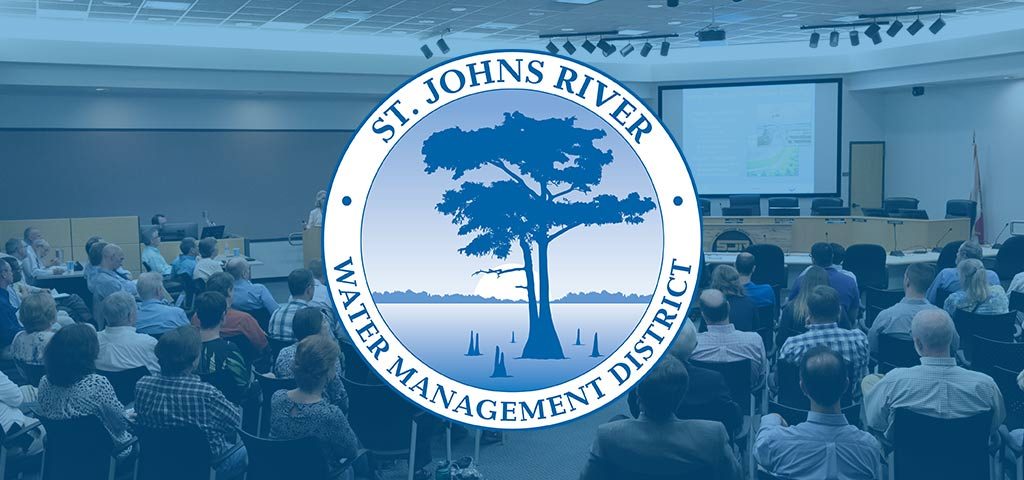District will hold Sept. 5 and Sept. 11 public workshops on draft 2019 MFLs priority list and schedule

PALATKA, Fla., Sept. 4, 2019 — With Hurricane Dorian pushing past Florida’s east coast, two public workshops will move forward as scheduled, including a joint workshop/teleconference with Southwest and South Florida water management districts, on the draft 2019 minimum flows and levels priority list and schedule.
WHAT: Joint public workshop with Southwest and South Florida water management districts on each agency’s draft 2019 minimum flows and levels and water reservations priority lists and schedules.
WHEN: Sept. 5, 2019 – 10 a.m.
WHERE: South Florida Water Management District’s St. Cloud Field Station
3800 Old Canoe Creek Road, St. Cloud, FL
In the large conference room and/or by teleconference
Phone Numbers:
(855) 682-6800 (Toll Free Nationwide)
(561) 682-6800 (WPB Local Number)
Access Code: 990 133 420
WHAT: Public workshop on the St. Johns River Water Management District draft 2019 minimum flows and levels priority list and schedule.
WHEN: Sept. 11, 2019 – 3 p.m.
WHERE: District headquarters
4049 Reid St./Highway 100 W.
Palatka, FL 32177
These workshops are an opportunity for District staff to publicly present the draft priority list and adoption schedule and take stakeholder comment.
MFLs define the limits at which further water withdrawals would be significantly harmful to the water resources or ecology of an area. Establishing MFLs is a requirement of the state Legislature and is required by the state Comprehensive Plan, the water resources implementation rule (formerly state water policy), and a 1996 governor’s executive order for priority water bodies.
The District updates its MFLs priority list annually. The priority list is based on the importance of the waters to the state or region and the existence of or potential for significant harm caused by withdrawals to water resources or ecology. It includes waters that are experiencing or may be expected to experience adverse impacts because of existing or future water withdrawals.

